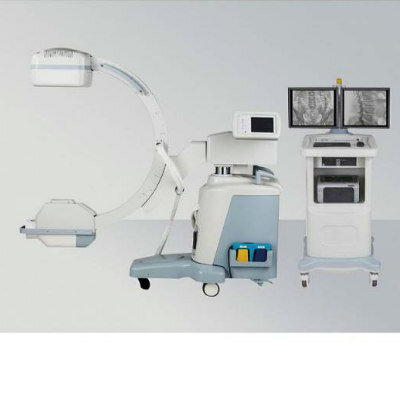Research Suggests Contrast Agent Deposition Occurs in Most Patients
By MedImaging International staff writers
Posted on 27 Jun 2017
Gadolinium contrast agent has been used to enhance Magnetic Resonance (MR) images in hundreds of millions of patients, and tiny traces of the agent are often retained in the brain tissue of patients for years following the exams.Posted on 27 Jun 2017
The researchers from Mayo Clinic (Rochester, MN, USA) published their findings in the June 27, 2017, online issue of the journal Radiology. Previous research seemed to indicate that the gadolinium contrast agent material was not able to cross the intact Blood Brain Barrier (BBB), but the new study showed dose-dependent gadolinium deposits in four regions of the brain of patients who had undergone contrast-enhanced MRI – all of whom had normal brain pathology when they died. The researchers did not detect any histologic changes that would suggest toxicity. The US FDA has not identified any convincing scientific evidence so far that the deposits are harmful, but is currently still investigating further.
Lead researcher of the study, Robert J. McDonald, MD, PhD, said, "It’s estimated that approximately 400 million doses of gadolinium have been administered since 1988. Gadolinium contrast material is used in 40 to 50 percent of MRI scans performed today. By late 2014, the first evidence emerged that gadolinium was depositing within brain tissues. However, many of these patients had underlying medical conditions, such as brain tumors, that could adversely affect the blood brain barrier. Our results suggest current thinking with regard to the permeability of the blood brain barrier is greatly oversimplified, as gadolinium appears to accumulate even among patients with normal brain tissue and no history of intracranial pathology."
Related Links:
Mayo Clinic













.jpg)
